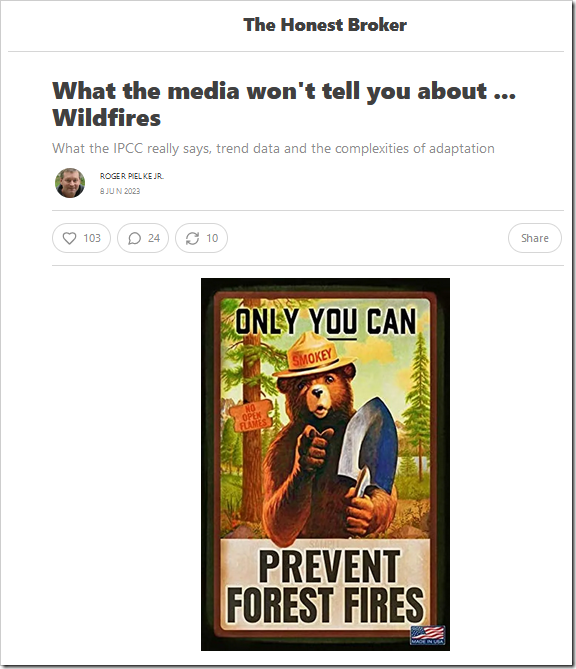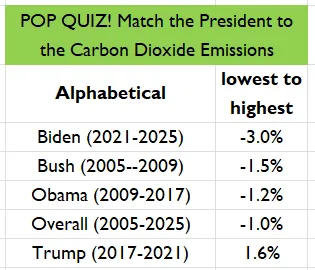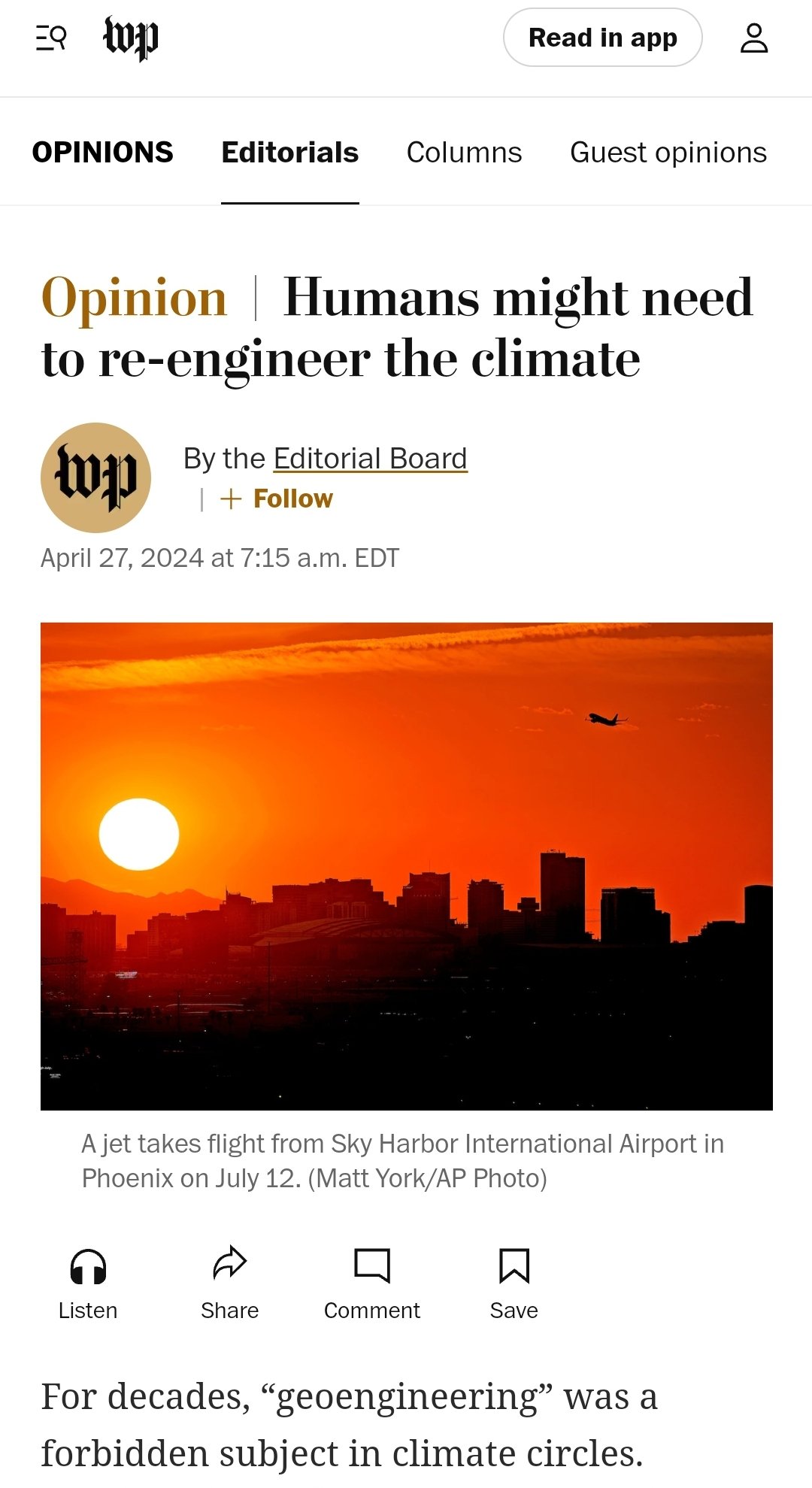Roger Pielke Jr’s take on the Canada wildfires:
Wildfire, common to many healthy ecosystems, is a particularly challenging problem for society because of its impacts on property and health. It is also challenging because people like to locate themselves in fire-prone places and do things that ignite fires. We have learned through hard experience that complete suppression of wildfire is not the best policy — despite what Smokey Bear says — as it can actually lead to even greater and more harmful wildfire events. These dynamics together make wildfire a challenging issue for policy.
This week, wildfire smoke from fires in Canada have drifted south along the eastern seaboard of the United States, affecting New York City and Washington, DC, and correspondingly capturing a lot of media attention. The event should offer a teachable moment on the complexities of climate and the challenges of adapting to a volatile world.
With this post I discuss some of the aspects of wildfires that I see as missing in the public discussion. I start with what the Intergovernmental panel on Climate Change (IPCC) says about wildfire, discuss readily available data on wildfire trends and conclude with the complexities of policy in the face of interconnected human-environment dynamics.
As we have come to expect from Roger, this is another thorough, well researched and objective analysis. He makes the following points:
- The IPCC has not detected or attributed fire occurrence or area burned to human-caused climate change
- Globally, emissions from wildfires has decreased globally over recent decades, as well as in many regions
- Canada wildfire trends show no increase in recent decades
- Wildfires used to be much more extensive in past centuries
- Wildfires are a part of the natural eco-system.
You can read the full analysis here.




